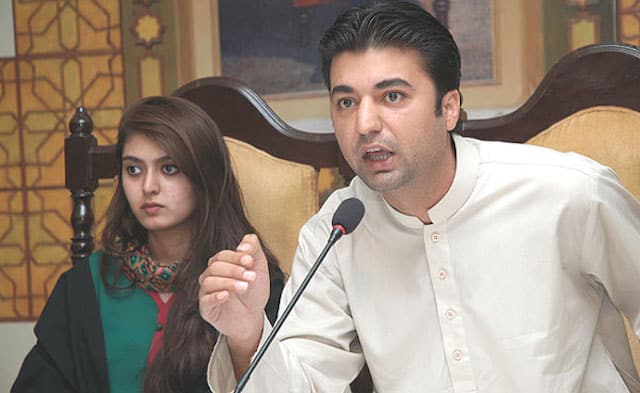US President Joe Biden declared his opposition to an Israeli strike on Iran’s nuclear sites. This statement came as Israel evaluates its next steps after Iran retaliated against Israeli actions.
Reacting to Iran firing over 180 missiles at Israel, Biden reiterated the US commitment to Israel’s safety. Yet, he emphasized the necessity of a proportional response to avert a larger crisis.
“We need to discuss their future actions with the Israelis, and all G7 members agree on the necessity of proportionate responses,” Biden said before departing on Air Force One.
The Iranian missile strikes were in retaliation for the deaths of key figures from Hamas and Hezbollah.
Read: Iran Fires Missiles at Israel, Prompting Immediate Civilian Shelter
Read: Israeli Airstrike Kills Hezbollah Drone Unit Commander in Beirut
Israel’s missile defense systems intercepted most attacks, but damage occurred near some airbases.
Israeli Prime Minister Benjamin Netanyahu has threatened strong retaliation against Iran.
Read: Netanyahu Vows Retaliation, Terms Iran’s Attack A “Big Mistake”
Former Israeli Prime Minister Naftali Bennett has called for decisive action to dismantle Iran’s nuclear infrastructure.
In discussions with Israel, US officials considered various military strategies, including strikes on Iranian oil and military sites.
However, the Biden administration has cautioned Israel against targeting Iran’s nuclear facilities, warning of potential widespread conflict and prompting Iran to accelerate its nuclear program.
Israel also faces ongoing threats from Hamas in Gaza and Hezbollah in Lebanon.
Following a deadly encounter with Hezbollah, Israel has bolstered its military presence along the Lebanese border and conducted significant airstrikes in Beirut, resulting in many casualties.
In response to Iran’s actions, the G7 agreed to implement new sanctions against Iran, which Biden confirmed would be enforced shortly.
Amidst these escalating tensions, UN Secretary-General António Guterres urged de-escalation, highlighting the region’s critical situation.
Despite international calls for moderation, Israeli military officials, including Lt. Gen. Herzi Halevi, have expressed readiness to showcase Israel’s military strength.
The US is striving to balance its support for Israel with the need to avoid being drawn into a broader regional conflict.
The focus remains on Iran’s nuclear ambitions, which have advanced significantly following the US’s withdrawal from the nuclear agreement.
Although Iran insists its nuclear program is for peaceful purposes, its rapid uranium enrichment has sparked global alarm.
As Israel contemplates further actions, the world watches closely, aware that any false move could ignite a broader conflict in the Middle East.






